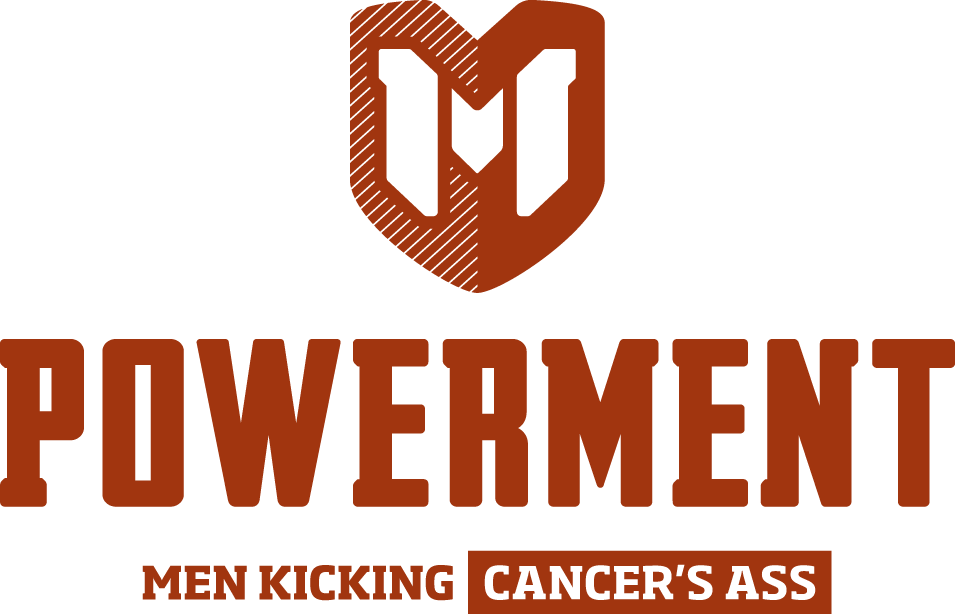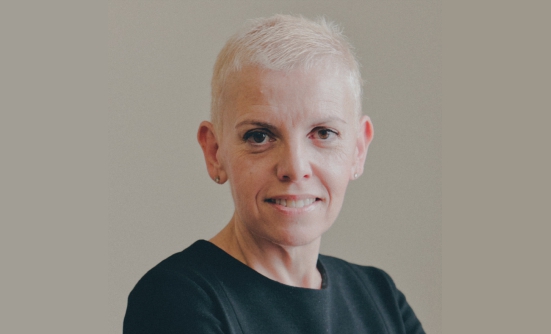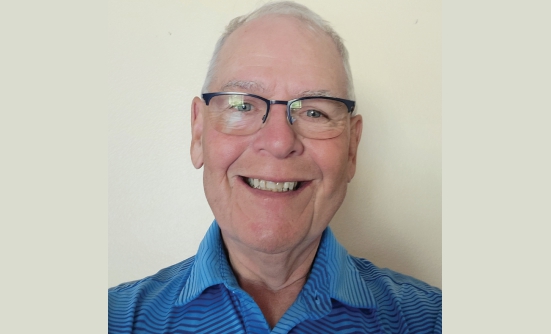The last weekend in October 2016 was the third college homecoming since I had graduated from Shippensburg University in 2013. I had big plans—tailgating at the football game, hitting up the old bars, and reminiscing and catching up with friends.

Earlier that month, I felt a lump on my testicle while doing a routine self-exam in the shower. Even though I knew to do a monthly self-exam, on October 28, 2016, when I did the exam, I felt something amiss, but I was initially hesitant to call the doctor.
I hadn’t even seen a doctor for a routine checkup in the past 3 years, and now I had a problem that was decidedly abnormal. I wanted to brush it under the rug, but I had a sense that doing so would be foolish.
Not surprisingly, I’m not the only man who feels this way. According to the Cleveland Clinic, only about 40% of men go to the doctor when they feel the issue is serious. Men simply don’t discuss their health, and I was part of the problem.
However, after some prodding from my then-fiancée, I called a general family doctor. Within 2 weeks, I was sitting in a urologist’s office. Despite my initial desire to ignore this issue, I somehow knew a bombshell was about to be dropped.
“You Have Testicular Cancer”
“So, I am going to be straight with you. You have testicular cancer.” Those were some of the first words out of his mouth.
“Is this something I get a second opinion on?” I asked.
Even though I was prepared for bad news, the direct nature and magnitude of his words made me lose my breath momentarily. I was only 25. No man that young seriously believes that he can be diagnosed with cancer, especially in the testicles, or what we casually call “balls.”
“In most cases, I tell my patients to get a second opinion. In your case, we don’t have time,” he replied.
“So what’s next?” I inquired. “Surgery,” he responded. “We need to remove the affected testicle immediately. We can probably get you in tomorrow.”
A Sense of Manhood
I was not expecting that. I thought I could deal with cancer. But losing a ball? It seemed impossible. Resigned to my fate, I began to grapple with the fact that I would be losing 50% of my testicles, which, like most guys, I considered a direct physical manifestation of my manhood.
As I prepared myself for surgery, I remembered that instead of gathering up items to take to a hospital room with me, I should have been packing for homecoming at Shippensburg. It was a stark contrast from the planned carefree weekend of partying.
The surgery was easy and uneventful, but what came after was difficult—talking about it. So many of my college conversations with friends I should have been seeing that weekend revolved around the word “balls.” If you were taking charge of life, you were “grabbing life by the balls.” You chickened out? You “have no balls.”
It’s ironic that guys casually mention balls all the time but ignore their testicular health. I was beginning to realize that although it’s socially acceptable for guys to joke about their balls, having serious conversations about testicular health has a serious stigma. This is a deadly mistake.
Manning Up
Initially, I hesitated in telling people that I was now more aerodynamic below the belt, because I didn’t want them to think I was less of a man. I knew that my own reaction to my surgery was an indicator of a larger societal issue—men don’t want to talk about anything that may make them seem less “manly.” I knew that my story may help change this narrative.
During recovery from the surgery, I decided to start a testicular cancer awareness blog, entitled, “A Ballsy Sense of Tumor” (www.aballsysenseoftumor.com)—I love a good pun. I decided to detail my entire journey, from discovery to eventual survivorship.
I wanted to take the narrative that I was sharing with close friends to a larger audience, to help destroy this stigma. It’s an urgent need; literally a life and death mission.
As I began drafting posts, I came to the point in my story about the surgery. At first, I referred to the surgery as having a cancerous mass removed. I wasn’t sure if I wanted to “out myself” as having one testicle or keep it vague.
Becoming a Men’s Health Advocate
Upon further reflection, I realized that I was perpetuating a harmful narrative—hiding a health problem to maintain a sense of “being a man.” I decided to bare it all (not literally) and share with the world that I was now the Amazing Uniballer, one of the lesser known Avengers.
And I’m glad I did. I believe I couldn’t be an advocate for men’s health and have honest communication if I wasn’t being honest myself.
But this isn’t just my story—it’s our (men’s) story. My story isn’t unique. How many men have gone through a medical crisis and stayed silent about it? How many men don’t speak up when something isn’t right with their body, simply because they think a real man would just grin and bear it?
We’re hurting ourselves and our fellow men by keeping our health experiences to ourselves. Not talking about it can be a potentially life-threatening mistake. We need to live in a world where we can freely talk about testicular self-exams and other men’s health issues without it seeming like a threat to our manhood, which it’s not—it’ll literally save our manhood.
All health-related conversations should be without stigma, but I’m especially passionate about men’s health.
Testicular Self-Exam
A year after my diagnosis, and now in remission, I finally made it to Shippensburg University, but it wasn’t for homecoming. I spoke in front of 235 men about the importance of self-exams and discussing their health openly. After my speech, we all participated in a world record attempt for the largest simultaneous self-exam.
If you are like the 42% of men whom the Testicular Cancer Society interviewed who said they didn’t know how to do a testicular self-exam, it’s quite easy. Best done during or after a shower, when the scrotum is relaxed, it’s a quick and effective way to catch testicular cancer early on.
Place your index and middle fingers under the testicle, with your thumb on top. Firmly, but gently, roll the testicle between your fingers. Any weird lumps or bumps should be checked out by a doctor.
Helping Men Talk About Health
You don’t have to lead a simultaneous self-exam to join this crusade. It’s simple—you just need to talk. Talk to your male buddy about your health. Ask him about his. Ask when he last did a testicular self-exam or scheduled a doctor visit for a prostate exam.
Will talking about your health be uncomfortable? At first, probably. But eventually, we can change the dynamic and the stigma against men discussing health. Dialogue about health should be commonplace and encouraged. It may be the conversation that saves a life.
Let’s work together to spread light where the sun doesn’t shine.
Key Points
- Only about 40% of men go to the doctor when they feel the issue is serious
- Men are hesitant to discuss their health issues openly with others
- Having serious conversations about testicular health is stigmatized and largely avoided
- 42% of men don’t know how to do a testicular self-exam, but it’s quick and easy
Patient Resources
A Ballsy Sense of Tumor
www.aballsysenseoftumor.com
Testicular Cancer Society
www.testicularcancersociety.org
YouTube Video: Testicular Exam
https://bit.ly/2D9TLF4
Testicular Cancer Foundation
https://testicularcancer.org/
Men and Cancer

Are you a man looking to get “unstuck” after a cancer diagnosis?
If so, M Powerment, an online organization focused on cancer in men, recently launched a new online course just for you!
The course covers 6 main areas: communication, identity, peer support, sexual health, storytelling, and de-stress techniques.
It also features interviews and insights from survivors and other men who have overcome challenging circumstances.
Registration is free. Visit www.cancerdudes.org for more information.













